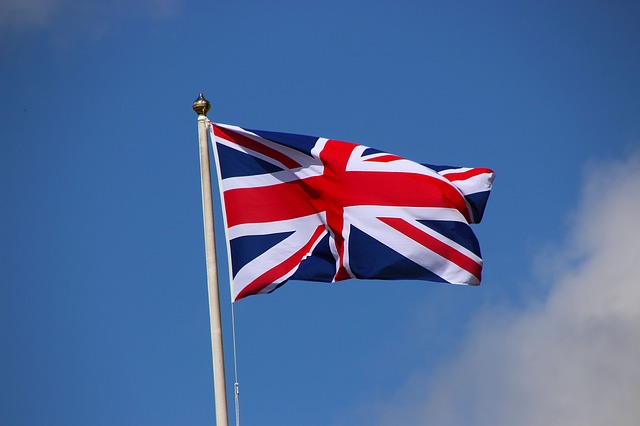The United Kingdom has signed a £10 billion (€11.5 billion) deal to supply the Norwegian Navy with at least five new warships, reports CNN. The agreement covers Type 26 frigates and has been described as the largest-ever export deal for warships by value, according to the UK Ministry of Defence (MoD). Norway called it the largest investment in its defense capabilities to date.
The UK government highlighted that the deal will support 4,000 jobs across Britain until the 2030s, including over 2,000 at BAE Systems’ shipyards in Glasgow, where the frigates will be built.
UK Prime Minister Sir Keir Starmer emphasized that the agreement will “drive economic growth and protect national security for the workforce.”
“This success is a testament to thousands across the country who are providing next-generation capabilities for the Armed Forces, while also strengthening national security for the UK, our Norwegian partners, and NATO for years to come,” Starmer added.
The MoD noted that over 400 British companies, including 103 in Scotland, will also benefit from the project. Defence Secretary Luke Pollard called it “the largest British warship deal in history” and a “vote of confidence in UK workers and the defense industry.”
Norwegian Criticism
Despite the deal, some Norwegian experts, including Tor Ivar Strømmen, a captain at the Norwegian Naval Academy, criticized the decision. He argued that French and German frigates outperform the British models, citing outdated and limited air defense on Type 26 frigates.
Strategic and NATO Implications
The deal will create a joint UK-Norway fleet of 13 anti-submarine frigates—eight British and five Norwegian—operating together in Northern Europe, significantly strengthening NATO’s northern flank.
The frigates will be constructed at BAE Systems’ Govan shipyard in Glasgow, where Royal Navy frigates are already being built. Scottish Secretary Ian Murray praised the deal, noting it demonstrates the “world-class skills and expertise” of Clyde’s workforce.
Norwegian Prime Minister Jonas Gahr Støre described the partnership as a historic boost to defense cooperation, highlighting that the UK was chosen based on strategic alignment and the quality of the frigates.
The Type 26 frigates purchased by Norway will match the specifications of their British counterparts and are specifically designed to detect, track, and neutralize enemy submarines, with deliveries expected to start in 2030.
UK Defence Secretary John Healey stated that the agreement enables both navies to train, operate, deter, and if necessary, fight together, enhancing security in the North Atlantic and countering Russian submarine threats.
Pollard emphasized that Russia remains the primary threat to UK and NATO security, particularly in the North Atlantic.







